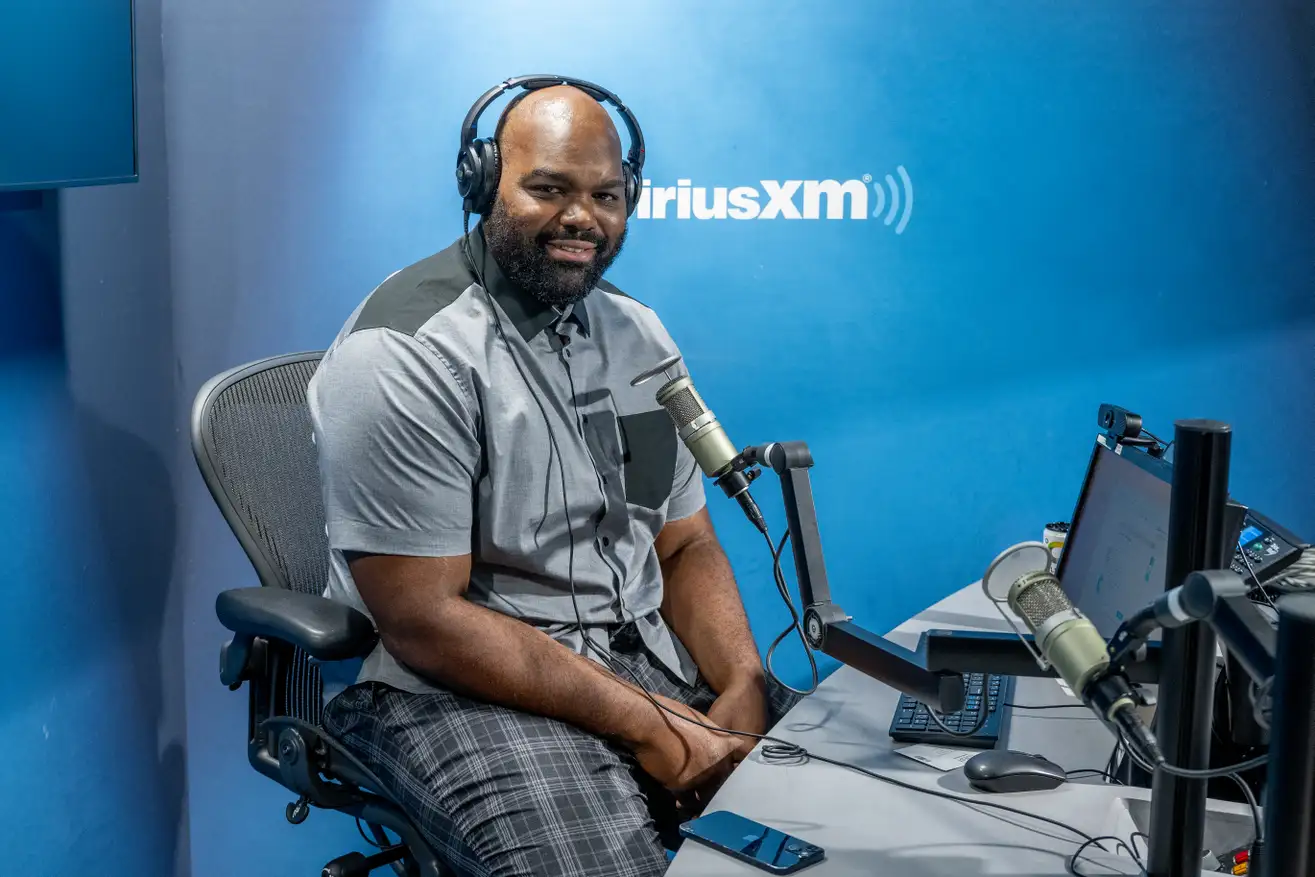By Angela Johnson
Most people know Michael Oher as the former NFL player who was the subject of the 2009 movie The Blind Side. The movie, which earned over $300 million at the box office and a Best Actress Oscar for Sandra Bullock, depicts Oher as a poor Black kid rescued from poverty and despair by the white Tuohy family. But while that may sound nice, Oher argues that the reality is a lot different from what we saw on screen.
In his new book, “When Your Back’s Against the Wall,” Oher describes himself as a fourth-and-one guy who comes alive when his back is against the wall. And while he says he wrote the book to inspire future generations, Oher also uses the opportunity to dispel some of the myths portrayed in the Hollywood version of his life story and drive home the fact that most of his motivation to succeed came from within. “I know there’s information on the internet about me, but much of it is fiction,” he writes.
Although he grew up in the Memphis housing projects in a family where high school diplomas and consistent employment were anything but the norm, Oher insists that he didn’t need saving as the “The Blind Side” depicts. Instead, he writes that his success was fueled by his own motivation to find a path out of poverty and the foster care system he’d been a part of for most of his childhood.
“My saving grace came with the disposition the good Lord gave me,” he writes. “I wasn’t one who fixated on the obstacles I faced. I was dead set on trying to find every potential opportunity I could get to improve my situation. Without anyone ever telling me it was possible, I believed that there had to be some way, somehow to get out of the projects.”
Oher says his work ethic and determination to succeed in the NFL was overshadowed by Michael Lewis’ 2006 book, “The Blind Side,” and adds that he wasn’t consulted about it until the very end.
“When the book was a success, I decided to keep my head down. I thought if I continued working on my skills, I could quiet the distractions that came with the media. People would eventually see me for the potential I had, instead of focusing on the shock value of my poverty,” he writes. “But as the months and years would attest, I was 100 percent wrong.”
Oher’s story is back in the headlines these days as he recently filed a suit against the Tuohys, claiming they never adopted him but rather tricked him into signing a conservatorship agreement. The move, he says, allowed the family to get rich off his life story while he never received a penny. Looking back, Oher says, his silence allowed the portrayal a false narrative. “I knew it was going on, but it didn’t affect my life in that moment, and I honestly wasn’t consulted about it until the very end,” he writes. “As I would learn later, when you’re silent like that, a lot of times you give people license to say whatever they want about you. Things that are not true.”

